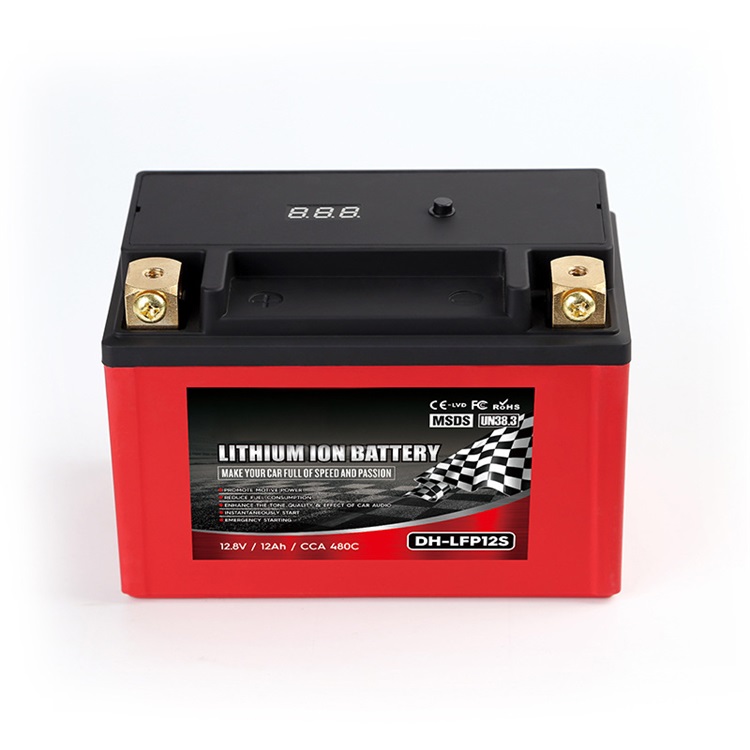Lithium iron phosphate (LiFePO4) batteries can be used to replace a car’s starting battery. However, there are some important considerations to keep in mind:

1. Voltage Compatibility: lifepo4 battery typically have a lower nominal voltage (around 3.2 volts per cell) compared to traditional lead-acid starting batteries (which are typically 12 volts). To replace a car’s starting battery with a LiFePO4 battery, you would need to use multiple LiFePO4 cells connected in series to achieve the necessary voltage.
2. Capacity and CCA Rating: lifepo4 battery have different capacity and cold cranking amp (CCA) ratings compared to lead-acid batteries. It’s essential to choose a LiFePO4 battery with sufficient capacity and CCA rating to meet the requirements of your vehicle’s starting system.
3. BMS and Safety Features: lifepo4 battery require a battery management system (BMS) to monitor cell voltages, temperatures, and other parameters to ensure safe and reliable operation. Make sure that the LiFePO4 battery you choose includes a built-in BMS and other safety features to protect against overcharging, over-discharging, and short circuits.
4. Mounting and Size: lifepo4 battery may have different dimensions and mounting requirements compared to lead-acid batteries. Ensure that the LiFePO4 battery you choose fits securely in your vehicle’s battery compartment and can be safely mounted in place.
5. Charging Compatibility: lifepo4 battery have different charging requirements compared to lead-acid batteries. Ensure that your vehicle’s charging system is compatible with lifepo4 battery or install a suitable charging system or voltage regulator to prevent overcharging.
Replacing a car’s starting battery with a LiFePO4 battery can offer benefits such as lighter weight, longer lifespan, faster charging times, and better performance in extreme temperatures. However, it’s essential to carefully research and select lifepo4 battery that is compatible with your vehicle’s electrical system and meets your specific requirements. If you’re unsure, consulting with a qualified automotive technician or battery specialist can help ensure a successful replacement.
